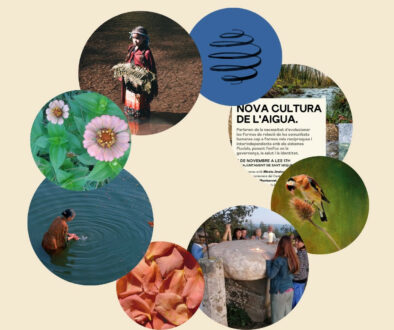Sacred Ecology
Berkes, Fikret2008
Berkes makes a strong case for broadening the Western scientific base of ecology into one which more holistic and encompasses ethical, social, political and spiritual perspectives. His book focus is the scientific ecology of indigenous cultures, their knowledge of local ecosystems, their relationship with the land, and the manner in which they have been managing their land for millennia. He describes the different approaches used by Western ecology and indigenous ecologies and points out that although they may reach the same conclusion about resource management, they do this from entirely different vantage points, practices and knowledge. The book includes a number of fascinating case studies from tropical rainforest regions, semi-arid areas, the Pacific islands, the Caribbean and from the James Bay region. One of the important aspects of traditional ecology is the emphasis on the sacred – through the use of ceremonies and rituals to enhance connection with the land, to ensure a good harvest or hunt, and to renew the spiritual bonds. A key point is the notion of reciprocity, an attitude of giving thanks back to the land and the spiritual beings or powers, an attitude that is missing from the Western materialistic worldview that focus on ecological resource management practices. The book calls for a new ecological ethics which recognizes the links between cultural diversity and biodiversity.
Reference
Berkes, Fikret. Sacred Ecology. 2nd ed. New York; London: Routledge, c2008. ISBN: 978-0-415-95829-5.




